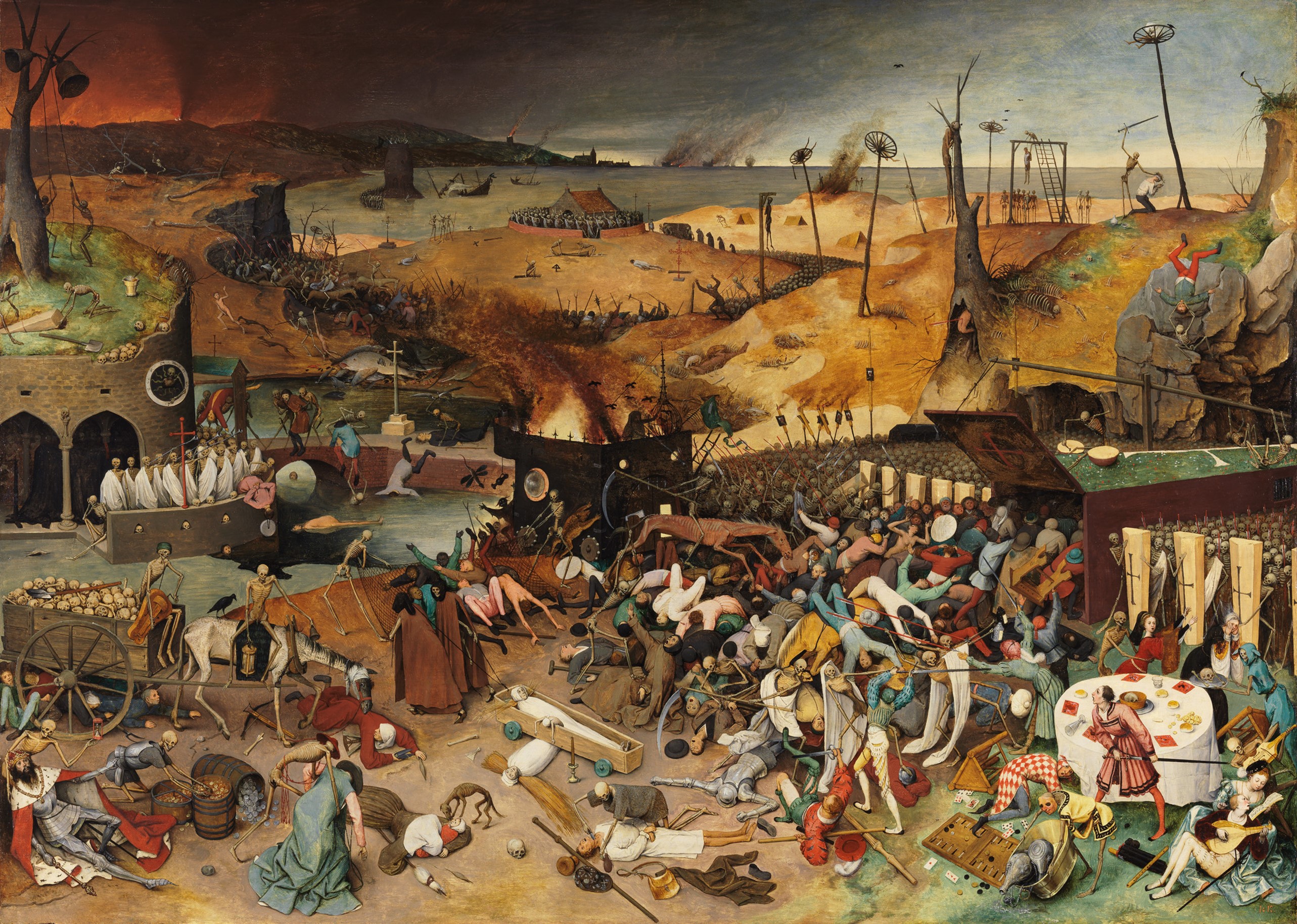The Black Death was the most lethal natural disaster in human history. Wiping out some fifty million people between 1347 and 1352, and then recurring for decades, even centuries, to come, its effects were felt not just in Europe, but across the medieval world. This module examines the course of this catastrophe, from the mid-fourteenth century through to the mid-fifteenth century, considering humanity’s responses to the pandemic’s onset and the phenomenon of unprecedented mass mortality. Students will explore a series of micro-histories to reveal the experience of the Black Death and its aftermath in the likes of Florence and Constantinople, Mamluk Egypt and Plantagenet England, while also adopting a comparative, meta-historical approach to consider how and why these events reshaped the known world, impacting upon society, culture and law, trade and commerce, intellectual life, faith and politics.

HST5123 - The Black Death: A Global History of Catastrophe and Transformation - 2024/25
The Black Death was the most lethal natural disaster in human history. Wiping out some fifty million people between 1347 and 1352, and then recurring for decades, even centuries, to come, its effec...